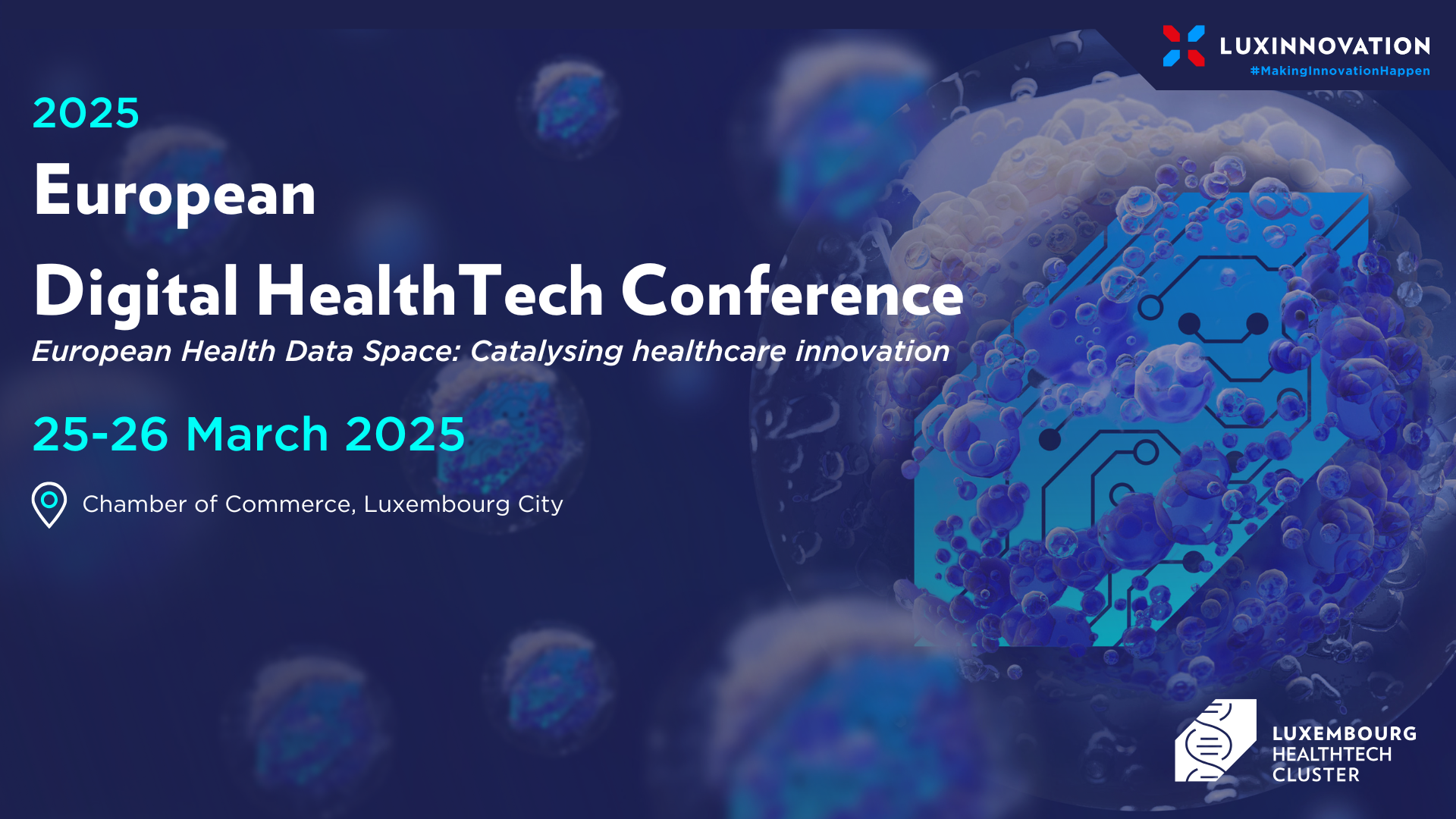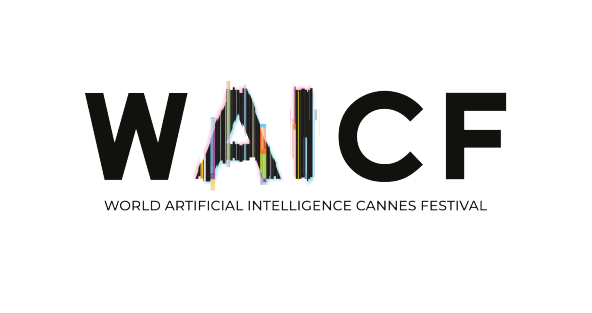Events
Scroll
Get involved! Explore and stay connected with us here.
Join our Advisory Community events, networking events, and educational conferences to support innovation and empower every citizen with high-performance connectivity.

- This event has passed.
European Digital HealthTech Conference 2025

The European Health Data Space – the first common thematic EU data space to be implemented – is a major game changer for delivering healthcare across European borders and enabling breakthrough research and innovation. The third edition of the European Digital HealthTech Conference will explore how this influences the development, innovation, use and adoption of digital health solutions.
The implementation of the European Health Data Space (EHDS) will transform the use of health data in the EU. It will facilitate the exchange of health data for healthcare delivery across the EU, foster a genuine single market for electronic health record systems (e-HR), and provide a platform for reusing health data for research, innovation and public health decision making.
The EHDS offers a wide range of new opportunities for digital health innovation, particularly in the development of digital medical devices and artificial intelligence-driven applications enabling personalised medicine. However, it also necessitates alignment with standards and security requirements and presents challenges related to ensuring data interoperability and compliance.
The European Digital HealthTech Conference invites all players involved in healthtech innovation – companies (ranging from software providers to medical device manufacturers), researchers, healthcare professionals and decision makers – to share their insights and experiences on how the EHDS will impact:
- Health data collection, standardisation and organisation.
- Opportunities for innovation and the extended use of digital health solutions to deliver better, more personalised healthcare.
- The secondary use of health data for research and innovation.
- The need to build trustworthy digital health solutions and ensure their adoption by patients and healthcare professionals.
Related Events
News
News
Submarine cables: What needs to happen on the seabed to keep our connectivity afloat

Letz make fiber happen in Luxembourg and Europe: Vincent Garnier (FTTH Council Europe) on Progress, Challenges and the Copper Switch-Off Imperative



